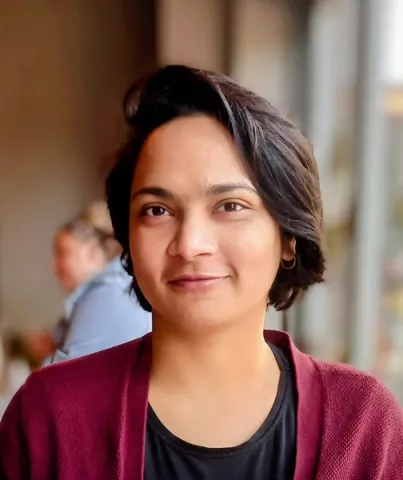Project overview
The research project explores educational practices and processes in mainstream education from the vantage point of shadow education. This project's outputs critically examine the intersection between class, education, and privilege. This project:
- conceptualises shadow education as a parallel education system that operates outside the formal schooling system and explores its impact on mainstream education.
- investigates why shadow education has become such a pervasive phenomenon in
society and how it has created educational inequalities across contexts.
- highlights the different ways in which middle-class parents engage with shadow education, often as a means to reinforce their own social and cultural capital. By investing in private tutoring, middle-class parents seek to give their children a competitive edge in the race for higher education and better jobs, thereby perpetuating social inequalities.
Thus, this project exposes the complex ways shadow education intersects with social class, education, and privilege.
- conceptualises shadow education as a parallel education system that operates outside the formal schooling system and explores its impact on mainstream education.
- investigates why shadow education has become such a pervasive phenomenon in
society and how it has created educational inequalities across contexts.
- highlights the different ways in which middle-class parents engage with shadow education, often as a means to reinforce their own social and cultural capital. By investing in private tutoring, middle-class parents seek to give their children a competitive edge in the race for higher education and better jobs, thereby perpetuating social inequalities.
Thus, this project exposes the complex ways shadow education intersects with social class, education, and privilege.
Staff
Lead researchers
Collaborating research institutes, centres and groups
Research outputs
Achala Gupta,
2019, British Journal of Sociology of Education, 41(1), 48-63
Type: article
